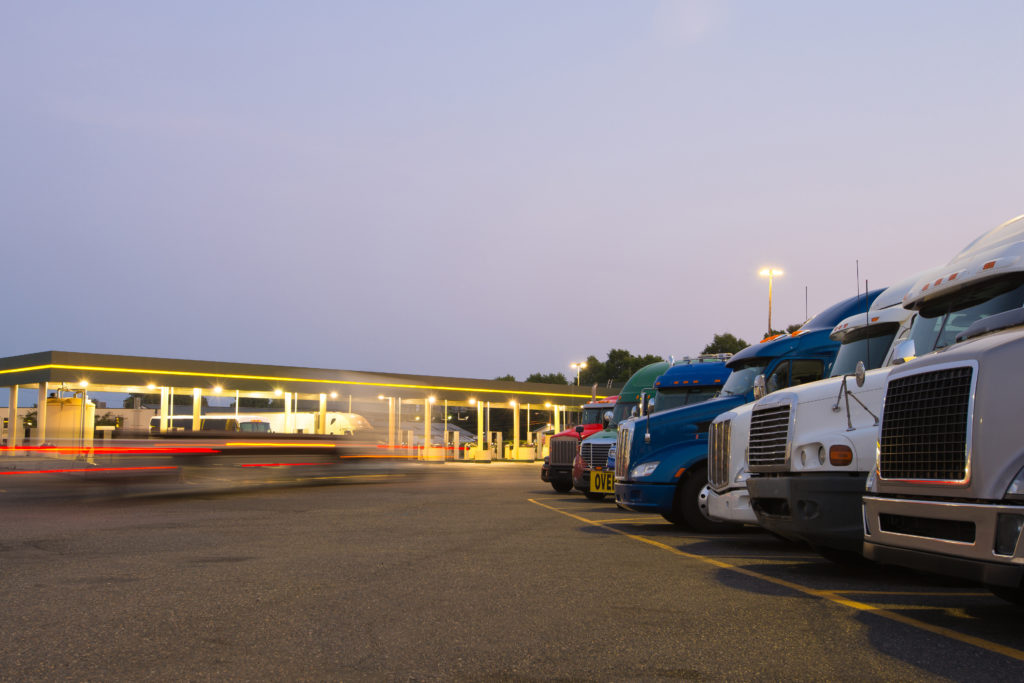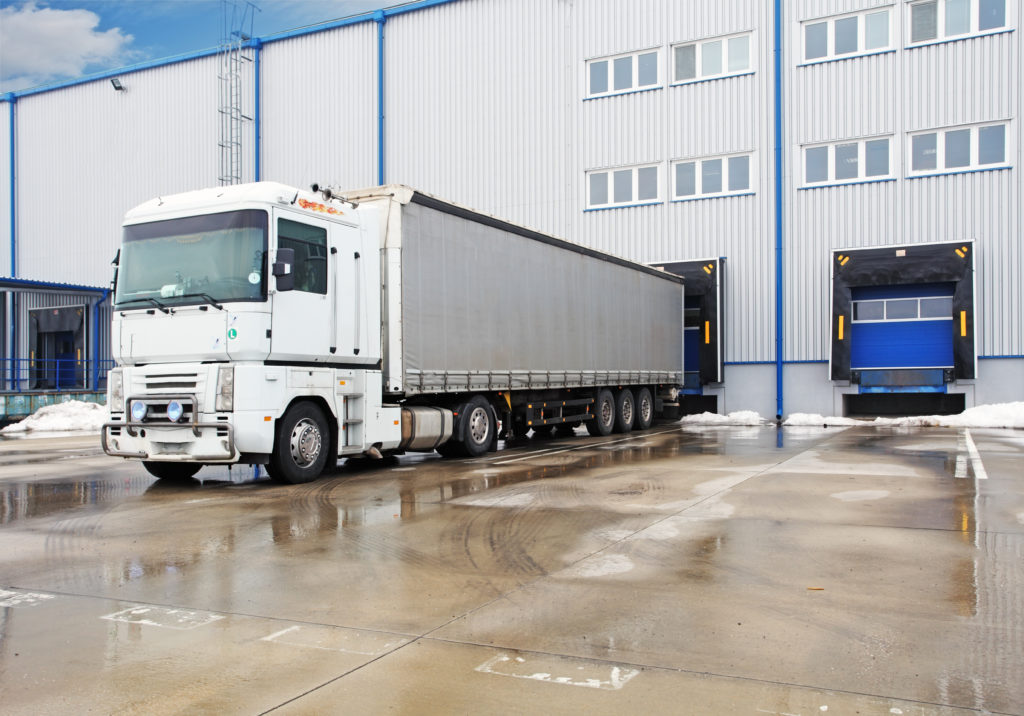
As the COVID-19 pandemic continues, many delivery services are making sure employees and customers are as well-protected as possible.
In a statement, UPS said it is making efforts to enhance cleaning in all facilities, especially around shared equipment, and is encouraging its employees to practice social distancing and to follow guidelines around proper hygiene. The company said it is also providing sanitizing supplies to all drivers, refilling automatic hand sanitizing stations, and providing emergency paid leave to any employee affected by coronavirus. UPS also said its facilities keep 60 days worth of stock in soap, paper towels, toilet paper, and other hygiene products.
Additionally, the company is adjusting signature regulations so that a majority of deliveries will not require a signature. If a delivery does need one, UPS will not share a pen with the recipient and will maintain social distancing guidelines.
Currently, UPS is working with the International Brotherhood of Teamsters regarding paid-leave for unionized workers.
FedEx is also temporarily suspending most U.S. and Canada signature requirements for its FedEx Express and FedEx Ground deliveries. The company has also relaxed signature requirements for same-day service, at FedEx office stores, and for FedEx Freight operations.
“This change is meant to help protect our couriers, drivers, and customers by preventing exchange of the signature equipment and keeping them at a safe distance from each other [that is] consistent with social-distancing guidelines from the WHO,” said a Fedex spokeswoman in a statement.
Amazon is temporarily suspending shipments of nonessential items and is focusing on making household goods and medical supplies a priority throughout its facilities.
Customers can still order in-stock nonessential goods that are already in warehouses, and can choose the “unattended delivery” option during checkout when ordering from Prime Now, Amazon Fresh, and Whole Foods Market. With this option, their items will be dropped off at a specific location in order to maintain social distancing.
Amazon said it has also increased its sanitizing practices in all facilities, especially around door handles, stairway railings, lockers, touch screens, and elevator buttons. Any Amazon employee placed into quarantine or diagnosed with COVID-19 will be able to receive two weeks of pay.
Amazon has also been working to hire 100,000 additional full-and part-time employees throughout the country in order to keep up with increased demand. The company has said it will be boosting hourly pay for its workers by $2 through April.
As for UPS, the company said its paid-leave agreement applies to around 300,000 full-time and hourly employees–especially drivers, mechanics, and package handlers who are directly impacted by the virus.
UPS’ agreement with the Brotherhood of Teamsters will provide paid leave for any worker diagnosed with COVID-19 or who is placed under quarantine.
While on leave, full-time employees will receive payment for eight hours per workday for up to 10 workdays. For part-time workers, employees will receive payment for 3.5 hours per workday for up to 10 work days. Part-timers are also guaranteed at least 3.5 hours per day when they are called into work. Part-time UPS Freight workers will receive pay for four hours a day for up to 10 workdays, and UPS Cartage Service part-time employees will have local addenda guarantees applied. All workers will have health and pension plan contributions made in alignment with union requirements.. If a worker uses paid time off or self-quarantines and is later diagnosed with COVID-19, UPS will repopulate that accrued paid time off for up to 80 hours for full-time workers and 35 for part-time workers.
This agreement also maintains that any employee missing work due to the virus will not have any days missed counted as an attendance infraction.
UPS has also worked with the federal government to provide logistical support and transportation for the COVID-19 drive-through testing sites throughout the United States. Union members’ roles will only be associated with the delivery and pick up of supplies and test kits.
Regarding the safety of handling packages, the U.S. the Center for Disease Control and Prevention and the World Health Organization have both stated that the risk of contracting COVID-19 from packages or mail is low. Coronaviruses typically spread through respiratory droplets, according to the CDC.
“In general, because of poor survivability of these coronaviruses on surfaces, there is likely very low risk of spread from products or packages that are shipped over a period of days or weeks at ambient temperatures,” the CDC explained.

